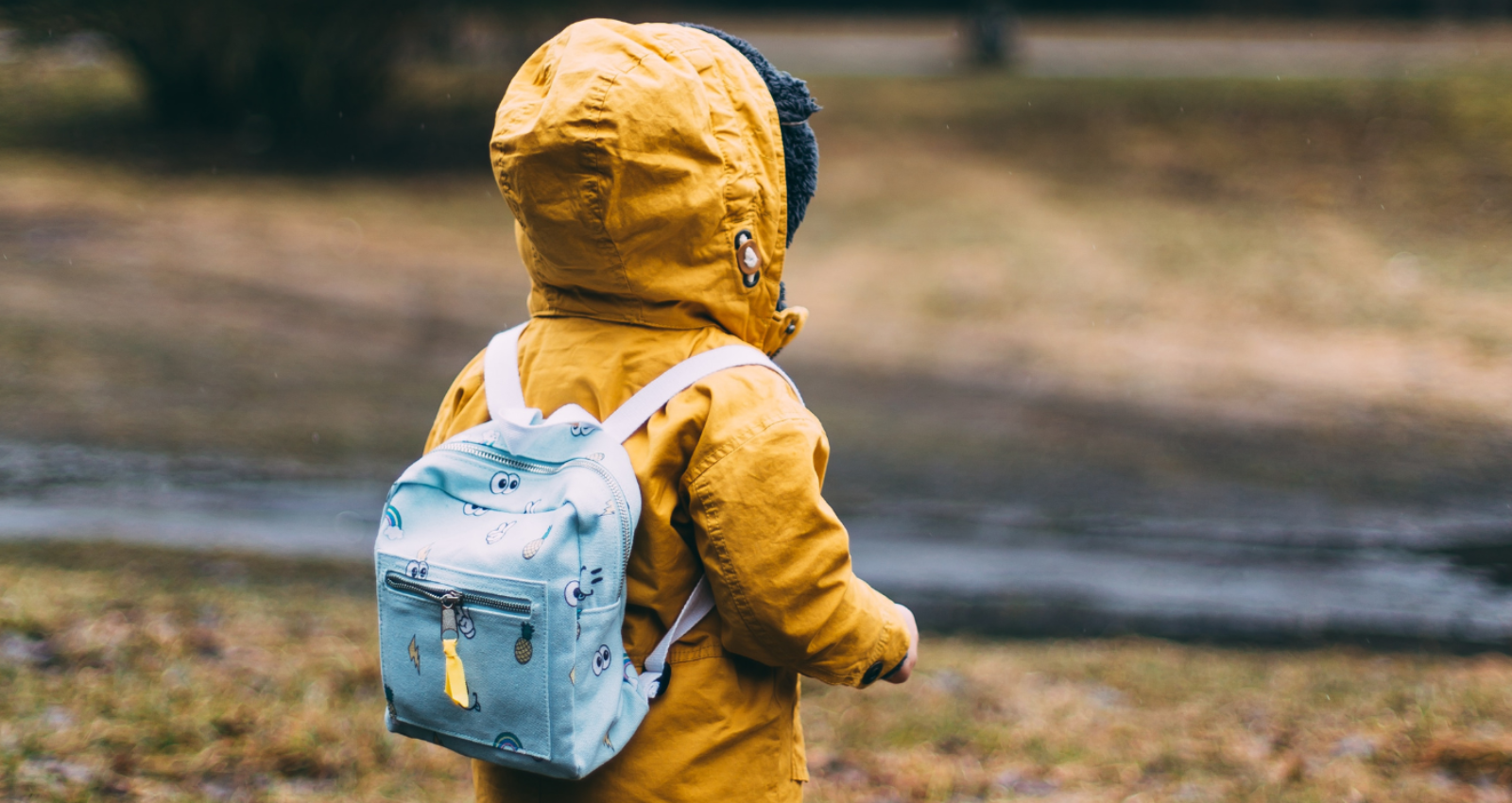
Tips on how to prevent wandering in children with autism
Children with autism can be prone to wandering and having no danger awareness, which can be terrifying for parents. In this blog, SpecialKids Company will give you some tips on how to prevent this from happening.
Be aware of your child’s triggers
It doesn’t always take a trigger for your child to bolt or wander away. However, sometimes there are specific things that can be triggering for autistic children and may cause them to do so. For example, noise, seeing something that they like, sensory seeking or being scared. Being aware of these things can help you to avoid situations where you are at risk of losing them.

Secure your home
Secure your home. Think Fort Knox. Keep the doors always locked and remove the key from the door. Put a sign on your door to remind visitors to do this. Consider the use of a door alarm so that you are alerted when the door is open. Ensure that your garden is secure with high fencing and that the back gate is padlocked. Use window locks and alarms. You might want to consider a security camera, which can be useful in an emergency.
Speak to your neighbours
Make your local community aware of your child and that they are vulnerable so that if they see them without adult supervision, they are aware to contact you. Provide them with your contact details and make them aware of your child’s behaviours so that they are best equipped with the knowledge on how to approach them.
Speak to everyone who looks after your child
Trusting others to look after your child when they are at risk of wandering can be hard. Make sure that they are aware of the need to keep an eye on your child at all times and keep doors locked.
Consider using ID jewellery or a tracking device
There are ID bracelets and necklaces that children with autism can wear that contain contact details in case of emergency. If your child would tolerate wearing one of these, you should consider it. Especially if you are going somewhere that is crowded.
You might also wish to consider a GPS tracking device, which may sound extreme but can make a world of difference if your child gets lost. There are various watches available and devices such as Apple AirTag, which can be attached to keyrings or bracelets.
If you are going out, dress your child in bright clothes
If you are out and somewhere crowded, dress your child in bright clothing, which will help you spot them if they wander off.

Teach your child road safety and how to swim
Teaching your child road safety and how to swim can be a matter of life or death if you find yourself in the horrible situation of losing them.
Create an emergency plan
Finally, create an emergency plan that is there and waiting ready for use should you need it. This should include an up-to-date photograph of your child, their name and a description of them. You should list places that they might go to and how people should approach them if they find them. It is important to put down your contact number and a few other people you can trust, should the responder not be able to reach you. Share this plan with friends, family and those who look after your child.

